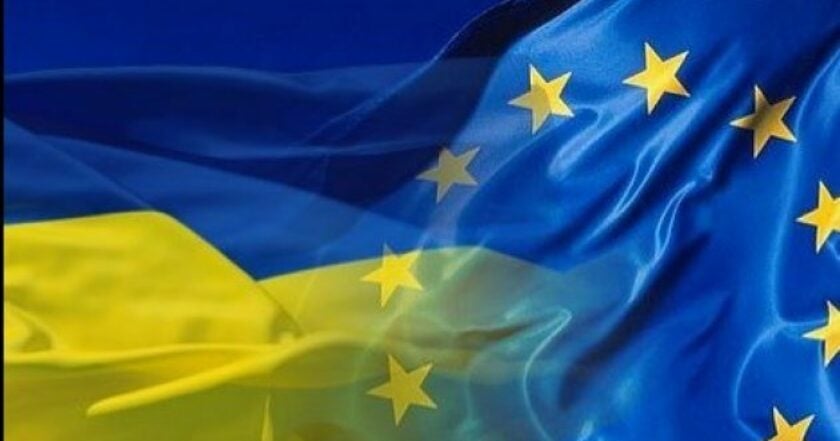EU shifts focus to investing in Ukraine rather than weapons support

Europe is starting to shift its approach to aiding Ukraine. As the EU cannot provide all the required weapons and ammunition, the bloc is now considering investing in Ukraine's military industry.
The Washington Post reports this.
As the publication writes, the EU's recent decision to provide Ukraine's defense industry with 440 million dollars signals a notable change in the bloc's stance towards Russia's war. Specifically, it exposes the weaknesses of the European Union's defense sector in manufacturing weapons and ammunition.
While Europe and the United States are sending billions of dollars in arms to Ukraine to assist in its fight against a much larger Russia, their national defense industries, which have traditionally focused on the global market with fewer conflicts, are struggling to keep up with the high demand from Ukraine.
"I think there's a realization that Europe is incapable of producing the weapons that Ukraine needs, and the easiest way is for the Ukrainians to do it themselves," said a European diplomat speaking on the condition of anonymity because of the issue's sensitivity.
Ian Lesser, head of the Brussels branch of the German Marshall Fund, also believes:
"Investing in the Ukrainian arms sector provides greater flexibility and gives Ukraine more opportunities in the short term. At the same time, it relieves some of the pressure on defense production in Western countries."
At the same time, Lesser noted that none of this will replace large-scale supplies of Western-style weapons to Ukraine.
"That's simply the reality of the security situation Ukraine finds itself in. In a broader sense, it is about the gradual integration of Ukraine into the Western supply chains of the defense industry," he said.
For the development of the Ukrainian military industry, as the newspaper writes, the EU will use the money received from the profits from the frozen assets of the Russian Federation in the West. Denmark will also provide additional money.
According to one European official, the flow of money to Ukraine's defense industry may increase dramatically in the near future.
"As far as I know, a number of countries are close to announcing the future use of such a mechanism. They will either make their own investments or turn to Denmark to invest funds," he said.
Also, according to the publication's source, such financing for supporting Ukraine is a turning point in terms of the amount of funds and in terms of the very idea of financing public money for the Ukrainian military industry. The official added that the funds would go to producing missiles, UAVs, and other long-range weapons.
The Washington Post recalled that in June of this year, the EU and Denmark agreed on a mechanism under which Denmark would dispose of $630 million in revenues from the frozen assets of the Russian Federation, according to the "Danish model." We are talking about an agreement in which Western money goes to pay for contracts that the Ministry of Defense of Ukraine has already signed with weapons manufacturers, allowing Ukrainians to prioritize what is necessary.
Dennis Virkelyst, who heads the unit that deals with aid to Ukraine at the Danish Ministry of Defense, recently said that there would be no "red lines" on their part that would limit the use of weapons.
"From our side, there will be no "red lines" limiting the use of these weapons…Denmark and the EU will be able to show the rest of the world how effectively we spend Russian revenues on weapons that are returned to Russia," he said.
According to WP, the EU has included their aid as part of a $1.5 billion package generated from frozen Russian assets. This package was approved in May and is managed through the European Peace Fund. The funds are meant to help EU members procure weapons for Ukraine.
For reference:
As reported, Denmark plans to create a fund to finance weapons production in Ukraine. It will combine investments from different countries to expand and accelerate production.
It should be noted that in June of this year, the head of diplomacy of the European Union, Josep Borrell, announced that the EU has developed a mechanism to bypass Hungary's veto on the purchase of arms from Ukraine at the expense of Russian assets.




















































